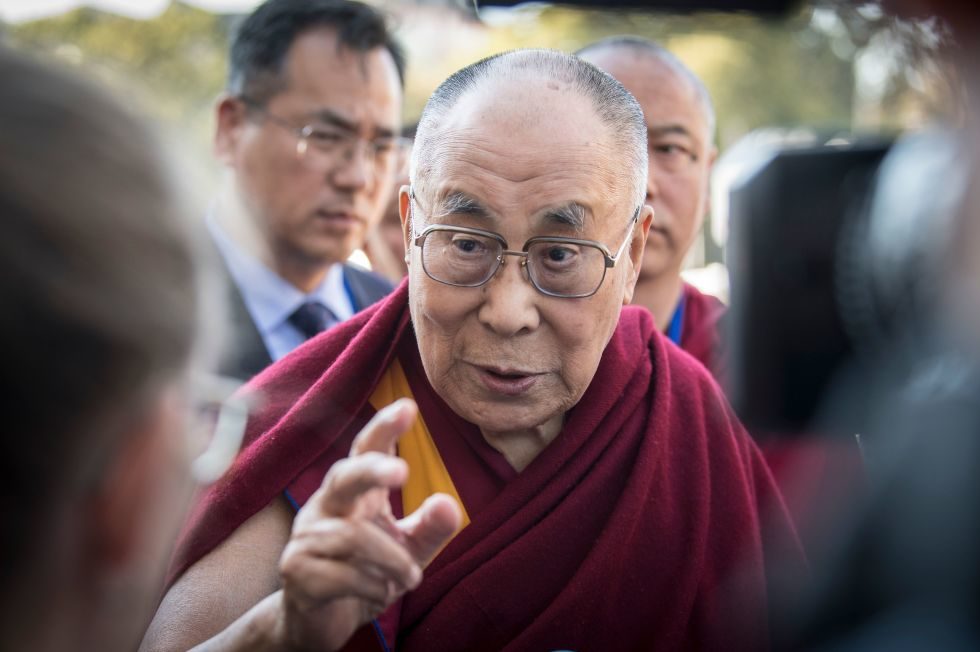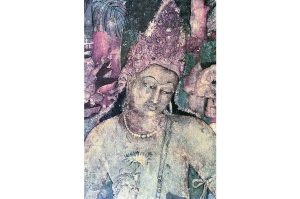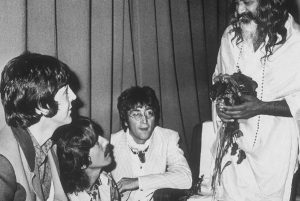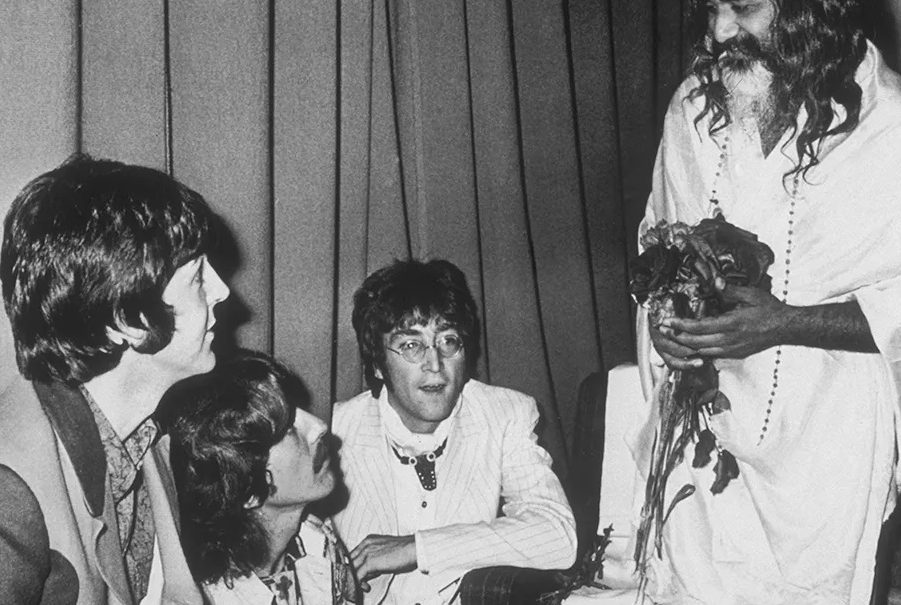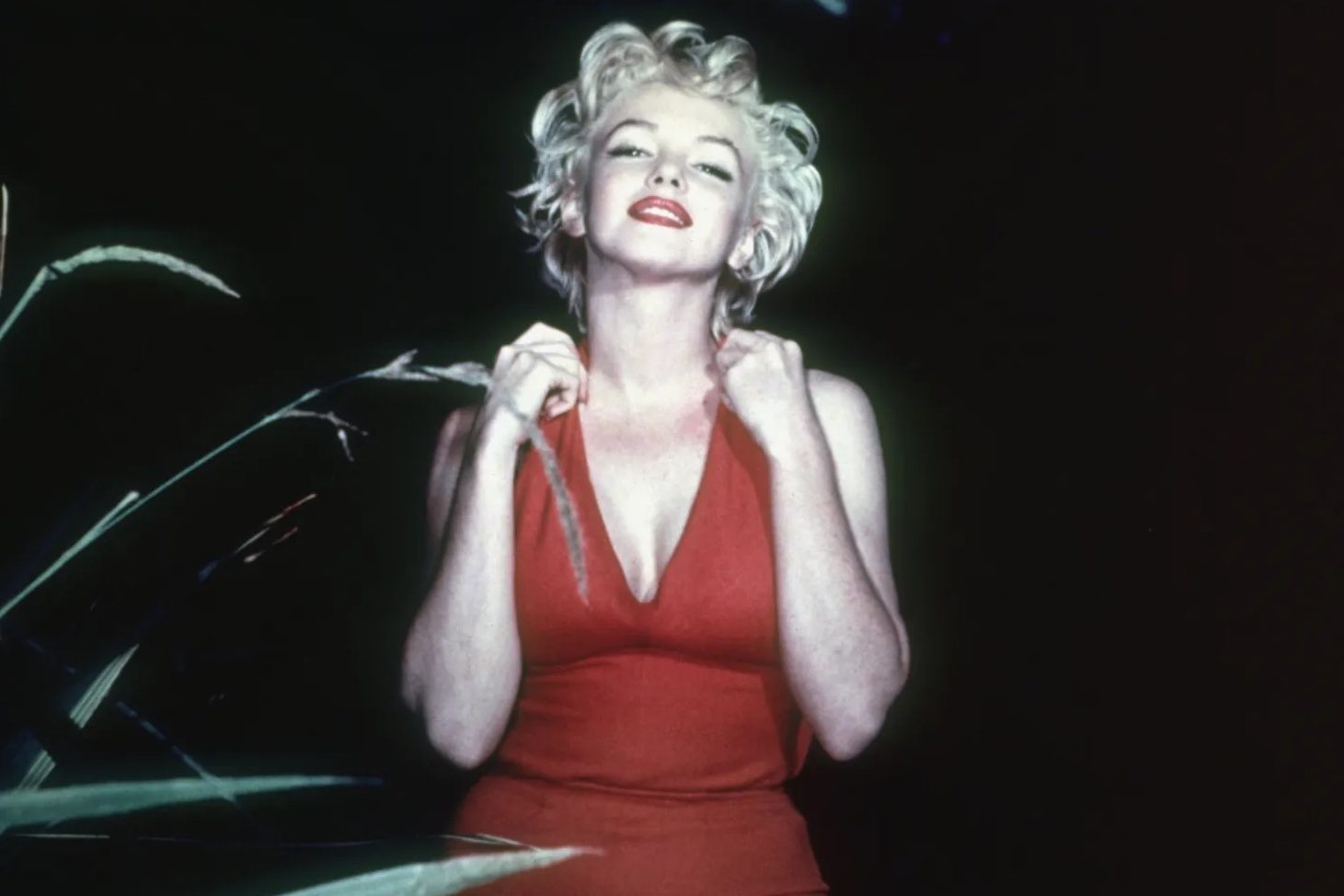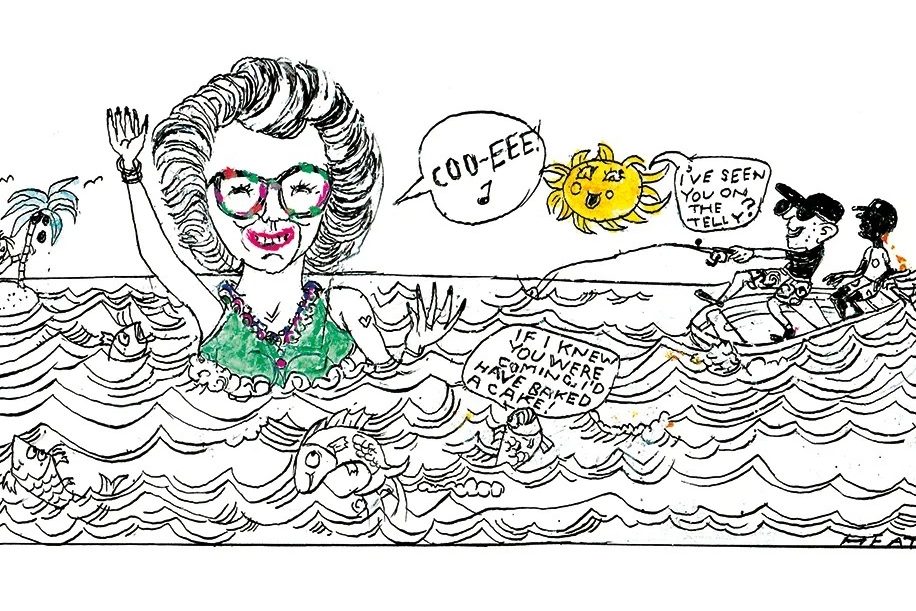The Dalai Lama said that if his successor were female, she’d have to be pretty. The internet freaked out.
The Lama, the reincarnated head of the Buddhist religion and the household deity of the Hollywood left, was doubling down on remarks made in a 2015 interview with the BBC: ‘“If a female Dalai Lama comes, she should be more attractive,” he says while laughing.’
The Lama, who was wearing his usual outfit of a loose orange robe with a red blanket casually thrown over one shoulder, was roundly critiqued at the time for these unfashionable remarks. Every woman on the internet crossed her digital arms and uttered exclamations of disgust. Following the backlash, His Holiness clarified and contextualized on his website, just like Jesus or Mohammed would have done had they the bandwidth.
The Lama writes of his longstanding support for gender equality, his opposition to the objectification of women, and his elevation of Tibetan nuns in exile. The basic message is: All my best friends are women, apart from Richard Gere. So ladies, let’s not misconstrue me.
In the interview, he was asked if a woman could become the 15th reincarnation. The Dalai Lama responded that he’d answered this question before, some 15 years earlier in Paris. He restated his position:
‘The female has biologically more potential to show affection… and compassion, yes compassion. Therefore, you see now in today’s world, a lot of trouble… I think a female should take a more important sort of role. And then I told that reporter if female would come, the face should be very, very attractive.’
The BBC reporter, Clive Myrie, asked for clarification, indicating that perhaps the Lama meant that she would have to be better looking than he was. The statement seems to have fallen into a Himalayan crevasse of cultural difference.
The part everyone is missing, of course, is that the Lama is right. A female reincarnation of the Dalai Lama would have to be attractive, because attractiveness is a standard to which women are always held. Every culture expects women to look good. The standards of beauty may differ, but the insistence that a woman must be at least passably attractive does not.
Female attractiveness is considered a necessary character trait for women. Women in power are always judged for their looks, as are women without less power or none in literally every other sphere of life. The Dalai Lama may have been stating his personal perspective on spiritual hotness, or simply joking around, but he was also pointing out how things are. Even the most unattractive powerful women are easy to look at. It’s the way of this world, and apparently the next one too.
Thatcher was no troll. Hillary Clinton has always been pretty. Mother Teresa was less beautiful as an old woman, as old women tend to be, but in her youth she was a stunner. In pointing out this bias against unattractive women, wasn’t the Dalai Lama simply stating an apparently eternal truth about society, and behaving as we all do?
‘No one wants to see ugly people on stage,’ the Philadelphia-based theatre director Michael Leland used to tell me. Though politics is called ‘showbiz for ugly people’, the world stage is no different. How often was Hillary Clinton’s appearance, from hairstyle to pantsuit, raked over during the 2016 election cycle? Valuing women for their looks is a constant. It’s not new, it’s not unbelievable, it’s standard.
The Dalai Lama wasn’t saying how things should be, but how they are. Fact: women are judged on their physical presentation more than men are. Fact: for women to achieve positions of power, they have to manicure their appearance. Fact: women think this is bullshit, but that doesn’t change anything.
The question of whether women should be judged on their looks is separate from the question of whether they are judged on their looks. In his 2015 remarks, Dalai Lama was answering the first question, not the last. He has since walked it back, because that’s what people do in this age of complete stupidity.
If a woman were to become the reincarnate Dalai Lama, she would have to be more attractive. Not because the Dalai Lama said so, or because objective beauty is a prerequisite for skill, but because women are barely listened to if they’re not upholding our cultural standards of prettiness.
Should this be the case? No. Is it the case? Yes. The Dalai Lama was not wrong to say so. The more we acknowledge the accuracy of statements like these instead of shaming the speaker, the more we can start to change our personal and cultural biases, so that women can achieve equality, without being judged for their looks first.



